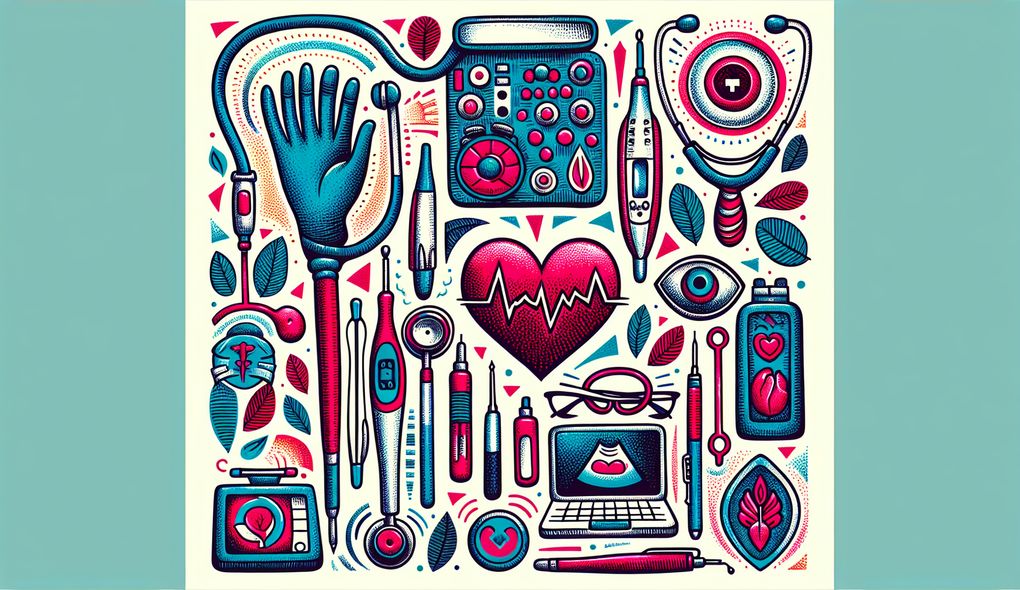What would you do if you encountered a medical error or complication during a procedure?
SENIOR LEVEL

Sample answer to the question:
If I encountered a medical error or complication during a procedure, my first priority would be to ensure the safety and well-being of the patient. I would immediately stop the procedure and assess the situation to determine the best course of action. I would communicate with the patient and their family, providing them with clear and honest information about what has happened. If necessary, I would consult with other medical professionals and specialists to develop a plan to address the error or complication. I would take responsibility for my actions and work to rectify the situation to the best of my abilities. Additionally, I would review the incident and learn from it to prevent similar errors or complications in the future.
Here is a more solid answer:
If I encountered a medical error or complication during a procedure, my immediate response would be to ensure the safety and well-being of the patient. I would stop the procedure and assess the situation calmly and quickly. Communication would play a crucial role in this situation—I would inform the patient and their family about what has happened, providing them with clear and honest information. I would listen to their concerns and address any questions they may have. Collaborating with other medical professionals, I would develop a plan to address the error or complication. Taking responsibility for my actions, I would work diligently to rectify the situation to the best of my abilities. Afterward, I would conduct a thorough review of the incident to identify any areas for improvement and implement preventive measures to avoid similar errors in the future.
Why is this a more solid answer?
The solid answer provides more specific details about the candidate's approach to communication with the patient and their family, as well as their commitment to a thorough review of the incident and implementation of preventive measures.
An example of a exceptional answer:
If I encountered a medical error or complication during a procedure, my top priority would still be the safety and well-being of the patient. I would immediately stop the procedure and take a moment to gather my thoughts and emotions, ensuring that I am calm and clear-headed. Communication would be paramount—I would approach the patient and their family with empathy and openness, providing them with detailed and transparent information about what has occurred. I would actively listen to their concerns and address them compassionately, offering support and reassurance. Collaborating with a multidisciplinary team, I would develop a comprehensive plan to address the error or complication, taking into account the unique needs and circumstances of the patient. I would assume full responsibility for the incident and actively work toward rectification, utilizing my problem-solving and decision-making abilities. Afterward, I would conduct a thorough review of the situation, involving a root cause analysis and the implementation of preventive measures to enhance patient safety. I would also use the incident as a learning opportunity for continuous professional growth and development.
Why is this an exceptional answer?
The exceptional answer expands on the solid answer by emphasizing the candidate's approach to emotional regulation, empathy, and support for the patient and their family. It also highlights their commitment to a comprehensive review of the situation and continuous professional growth.
How to prepare for this question:
- Familiarize yourself with medical error prevention strategies, such as the use of checklists and double-checking procedures.
- Practice active listening and empathy to effectively communicate with patients and their families in difficult situations.
- Brush up on your problem-solving and decision-making skills through case studies or simulated scenarios.
- Research the latest advancements in the field of obstetrics and gynecology to stay updated on emerging practices.
- Reflect on past experiences and how you handled challenging situations, identifying areas for improvement.
- Seek feedback from colleagues or mentors on your communication and teamwork skills to gain valuable insights.
What are interviewers evaluating with this question?
- Communication skills
- Problem-solving abilities
- Decision-making abilities
- Ability to work in a team setting
- Detail-orientedness

